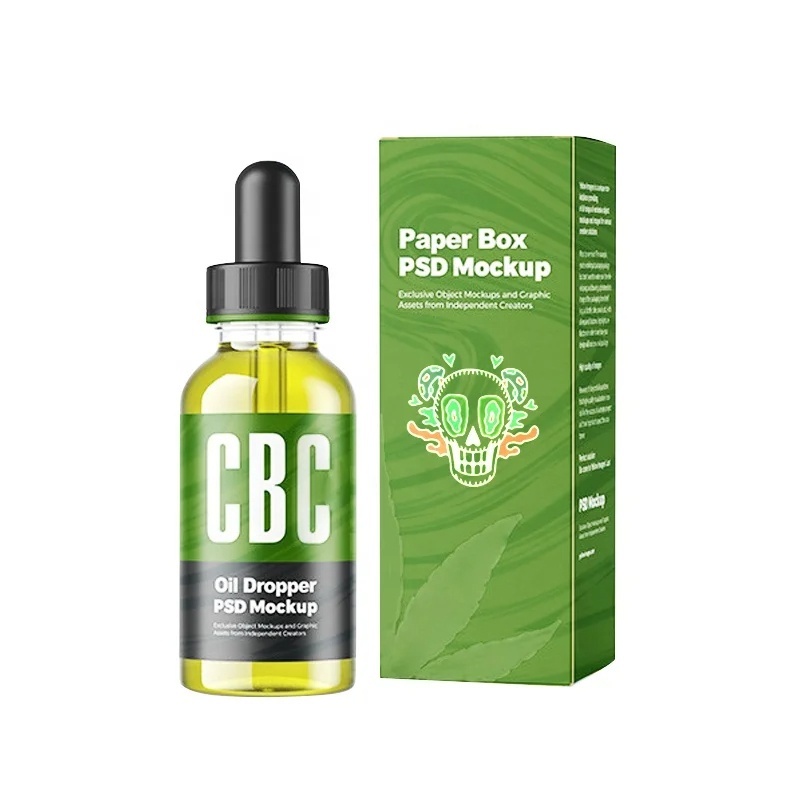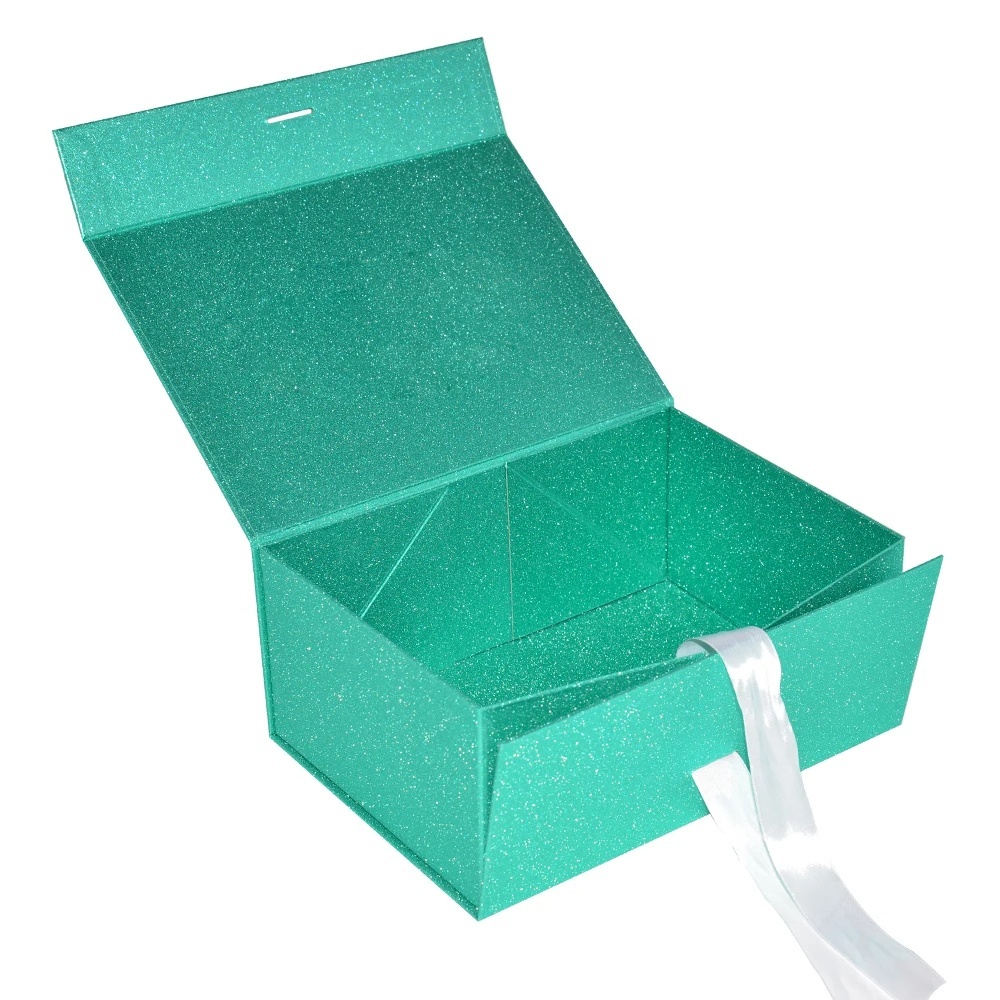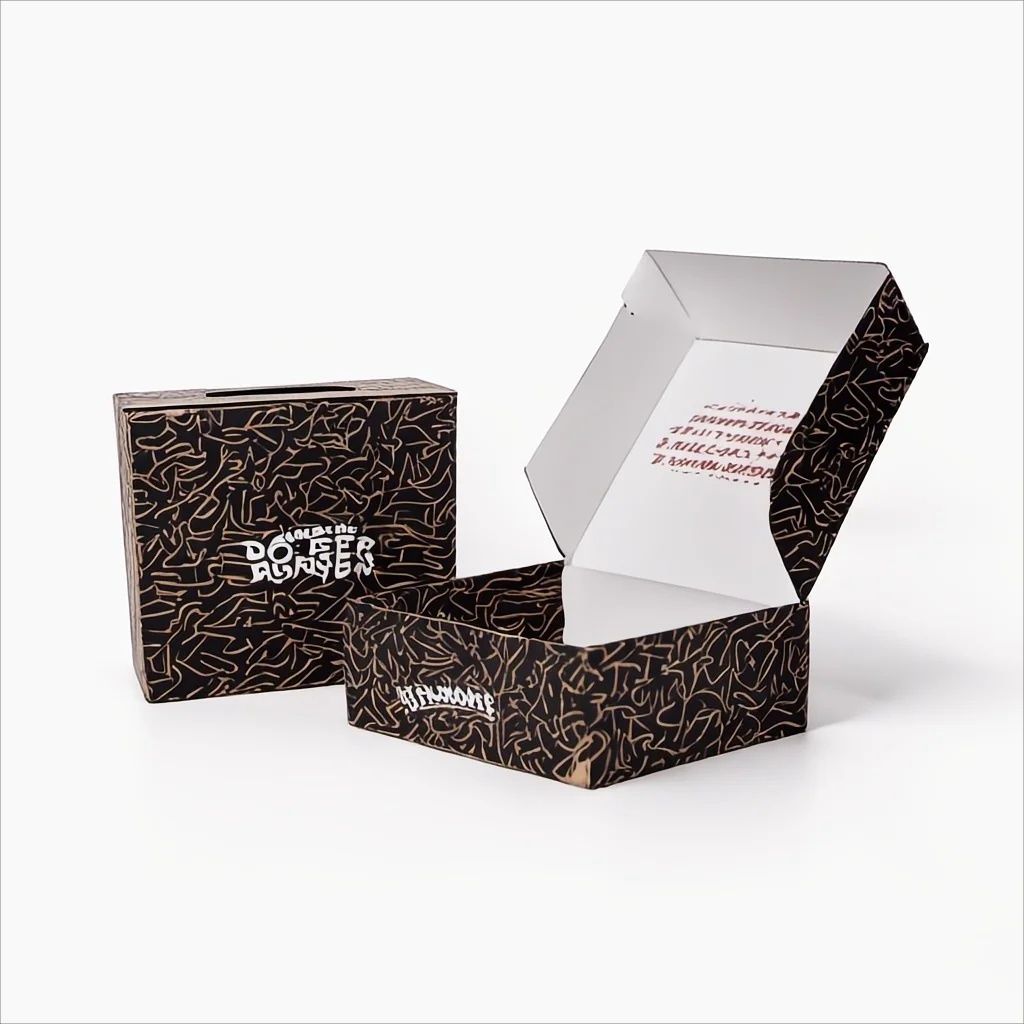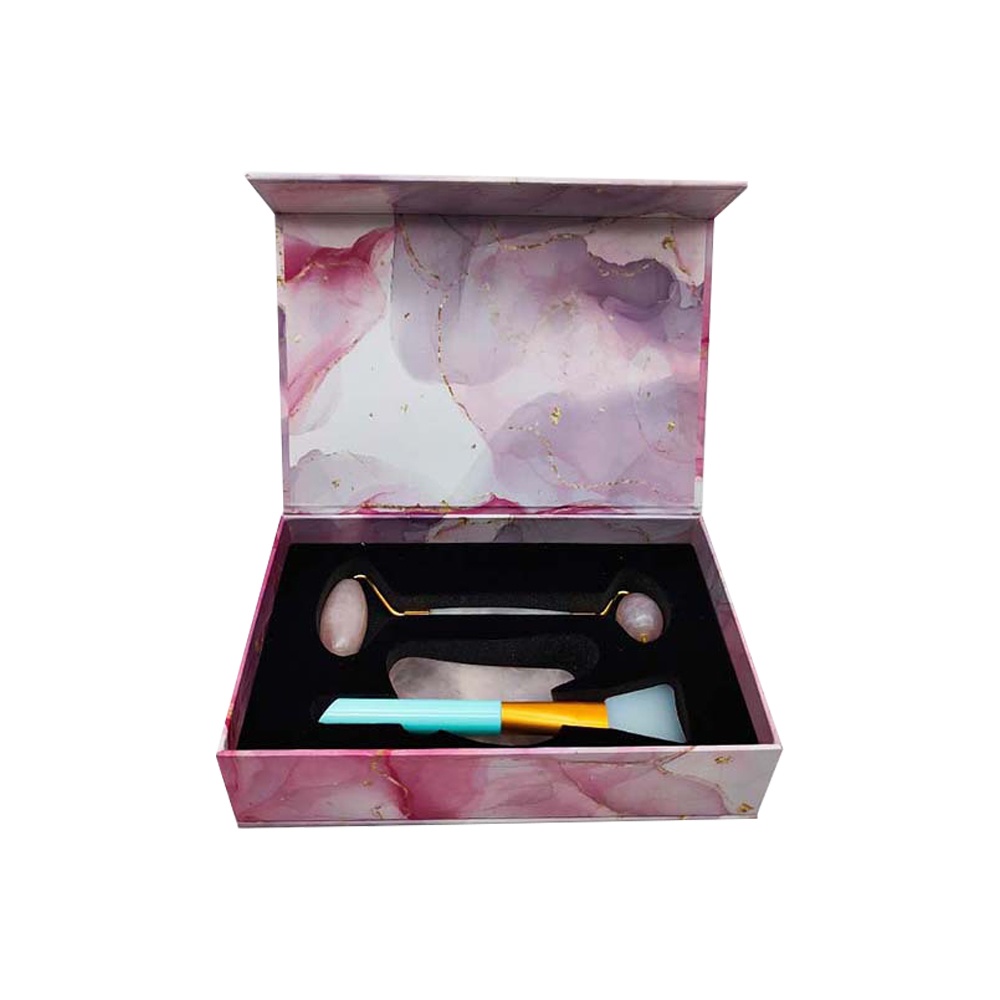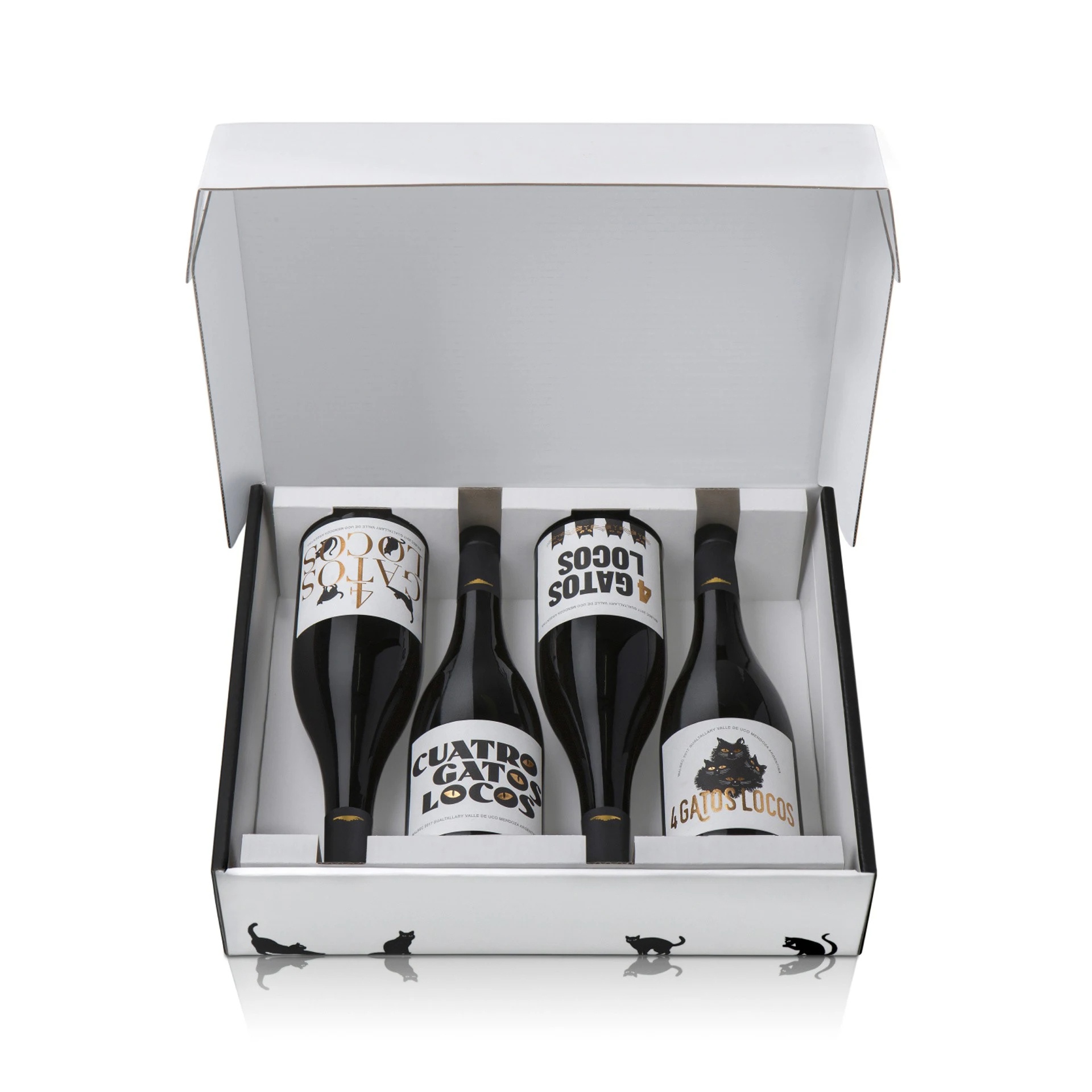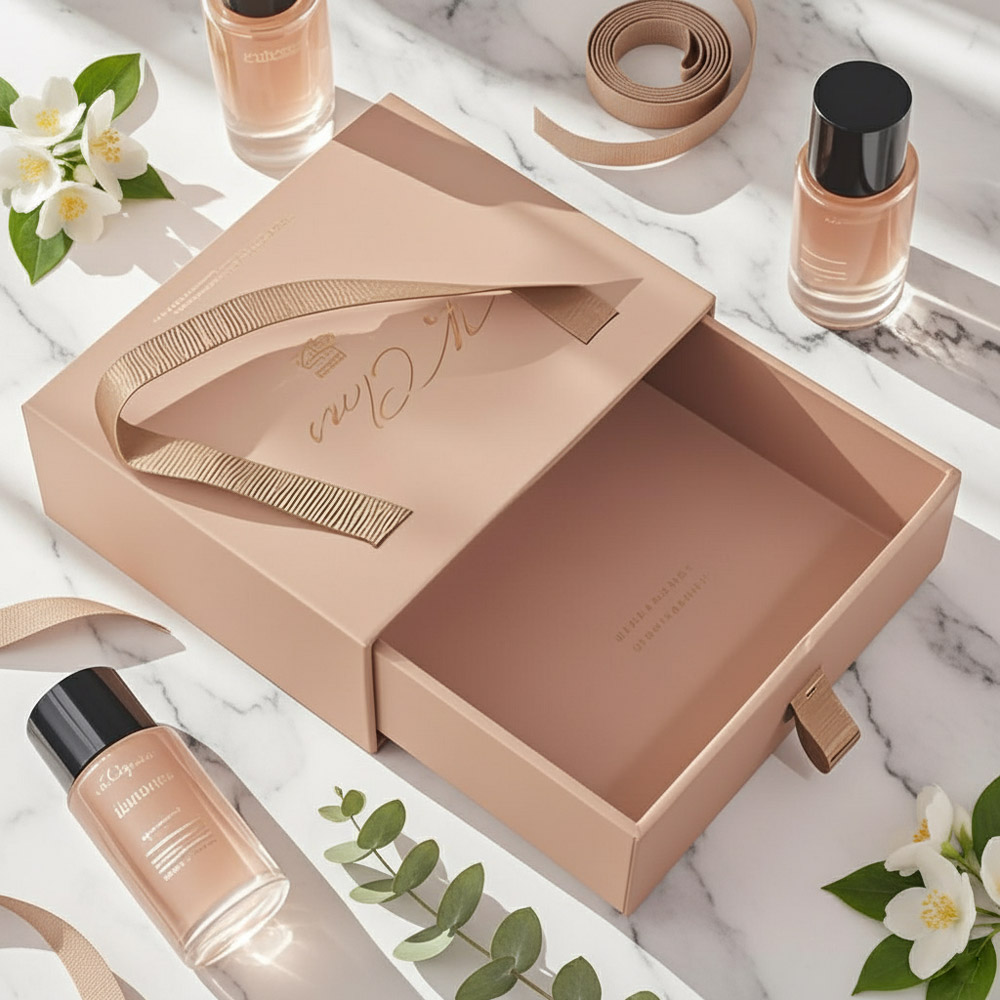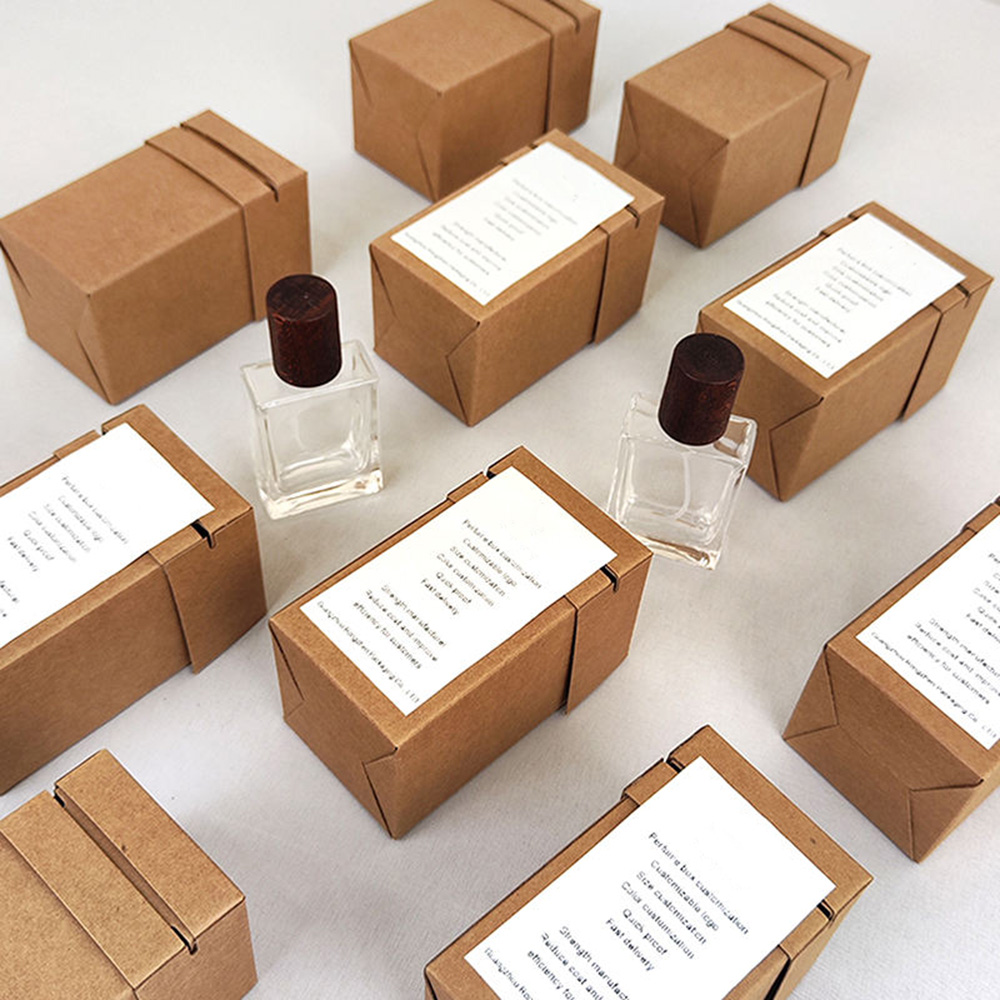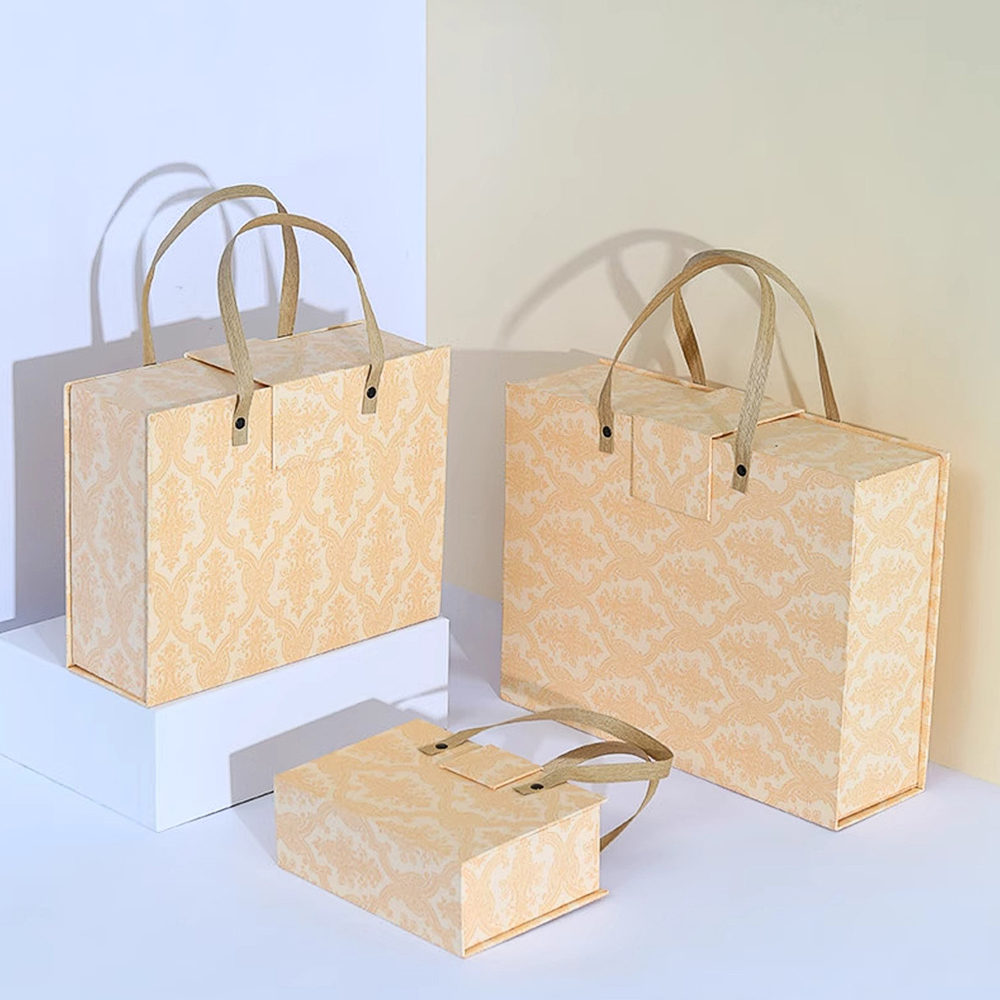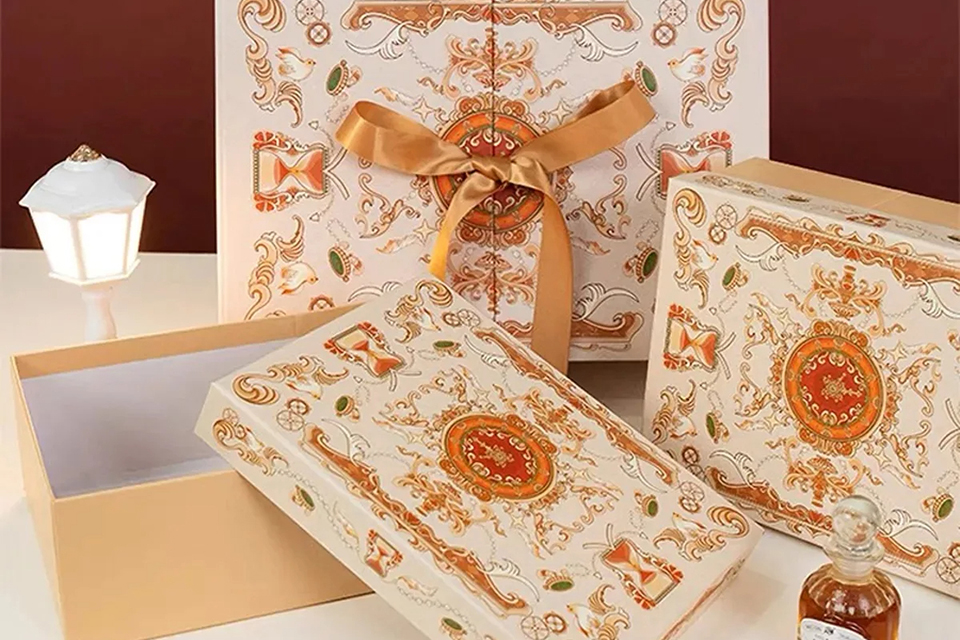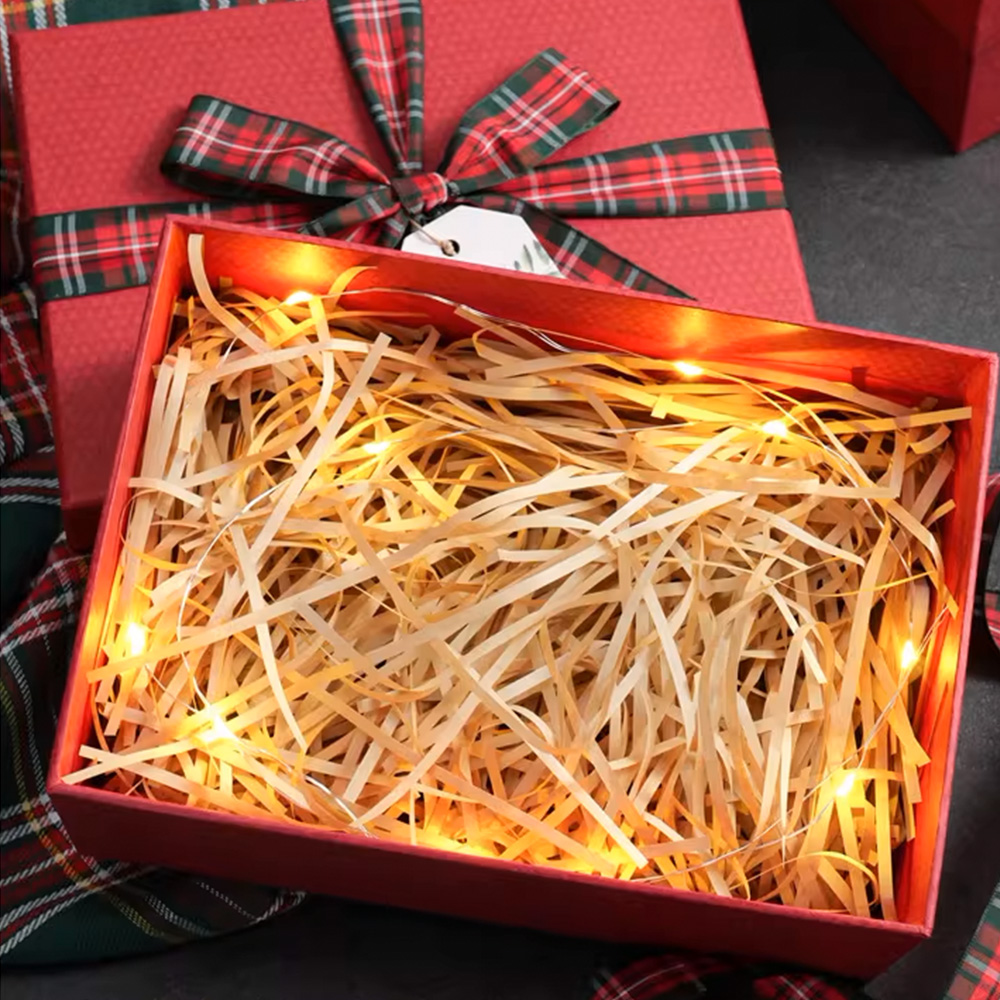Аннотация
Под влиянием двойных целей - углеродной нейтральности и повышения уровня потребления - косметическая упаковка превратилась из базового функционального носителя в основное поле битвы стратегии бренда. В этой статье анализируются работы, отмеченные премией iF Design Award, примеры горячих продаж на рынке и данные отраслевых "белых книг", чтобы выделить десять основных концепций дизайна, таких как применение экологичных материалов, расширение культурного наследия и инновации в области интерактивного опыта. В сочетании с примерами таких брендов, как Shiseido и Chanel, статья показывает, как упаковка стала суперсредством, связывающим ценность бренда и эмоции потребителей.
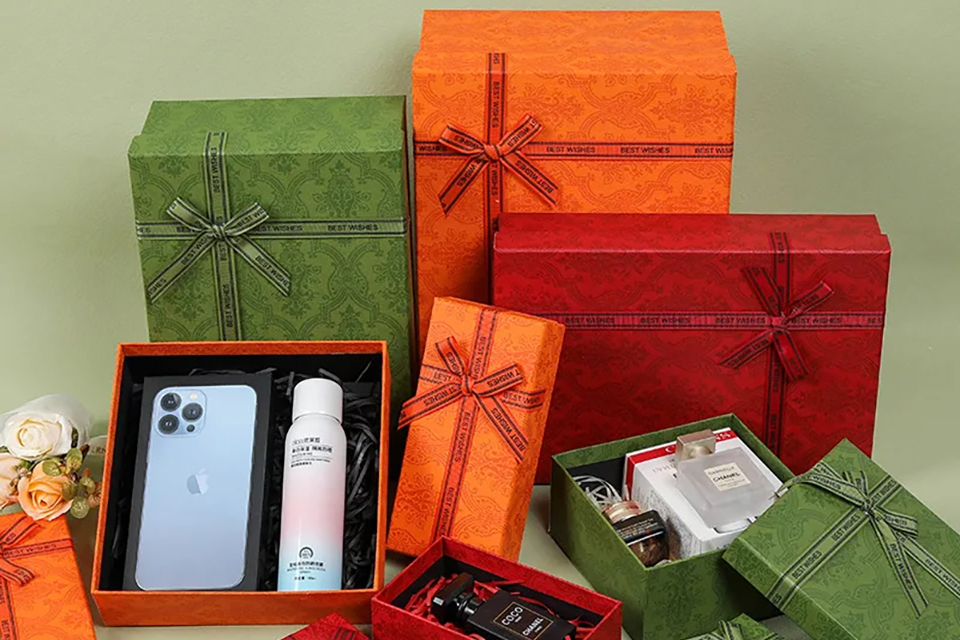
1. Устойчивое проектирование: от концепции до замкнутого цикла в промышленности
Революция в области вторичного сырья
Kiehl's использует упаковку из 80% переработанного материала и создает систему вторичной переработки. Многоразовая пуховка с завинчивающейся крышкой сокращает потребление пластика на 30%. В удостоенной награды iF работе "Snail Baby Moisturizer" используется крышка из пищевого силикона и разлагаемый корпус бутылки, что позволило совершить двойной прорыв в области защиты окружающей среды и безопасности на рынке средств для матери и ребенка.
Инновации на основе биоматериалов
В креме для рук корейского бренда SIITA используется биоразлагаемый пластик, а крышка флакона имитирует форму гальки, что позволило добиться нулевого содержания клея и полностью бумажной упаковки и было названо "образцом дружественного природе дизайна". В версии 2025 года Little Brown Bottle от Estee Lauder доля растительного волокна увеличена до 65%, а углеродный след внешней коробки сокращен на 42%.
2. Имплантация культурных генов: сила локализованного нарратива
Восточная эстетическая реконструкция
Трехслойная подарочная коробка с тиснением на туалетном столике вдохновлена "Компендиумом медицинской медицины", сочетая архитектурный узор в стиле Хуэй с цветовой гаммой теней для век, что привело к увеличению стоимости отечественной косметики на 120%. Вьетнамский бренд использует текстуру клеток и круглые элементы леса, чтобы достичь трансграничного слияния французских космецевтических технологий и растительной эстетики Юго-Восточной Азии в упаковка.
Расширение символической метафоры
Серия средств против морщин Xiaoping Zhenya представляет форму "черно-золотой юбки", а динамичный изгиб флакона повторяет элегантный женский темперамент. Уровень повторных покупок увеличился на 58% по сравнению с прошлым годом. Рождественская лимитированная серия 2025 Chanel воспроизводит узор ар-деко 1920-х годов, а золотая геометрическая поверхность среза усиливает ощущение церемонии открытия коробки в 3 раза.
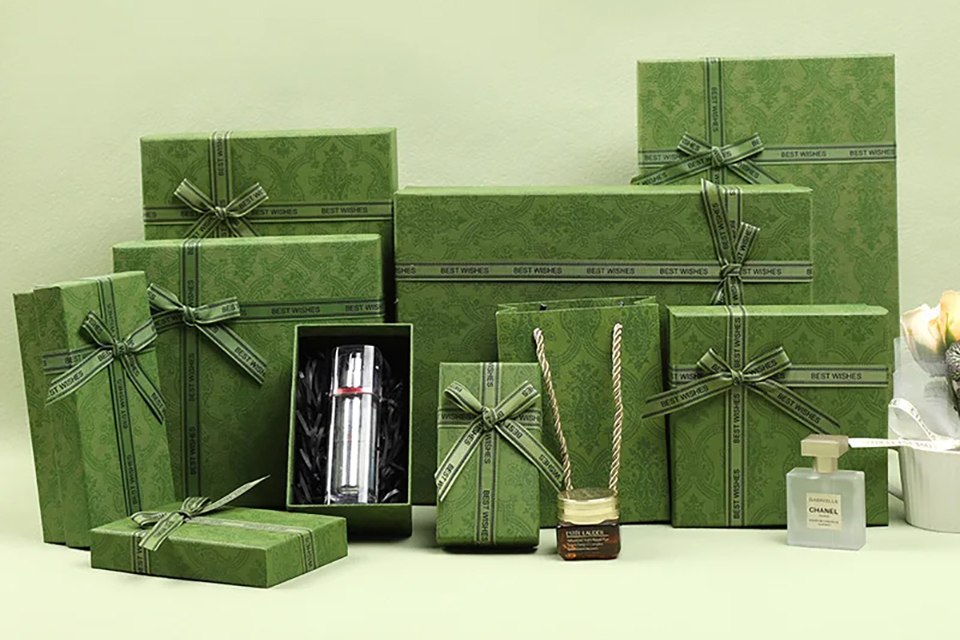
3. Модернизация функционального опыта: от удобства к эмоциональному резонансу
Инновационная технология защиты от загрязнения
В скрабе для тела SKIN U используется предварительно заполненная чашеобразная крышка, которая снижает влагопроницаемость на 76%, решая проблему порчи высоковязких продуктов. Система пополнения MAYA сокращает время замены до 8 секунд благодаря структуре разделения давления насоса и получила награду "Annual User Experience Award".
Адаптация по нескольким сценариям
В серии BYCOLOR dental beauty используется упаковка тюбика в стиле помады, чтобы добиться удобного хранения косметички, а частота использования молодыми пользователями увеличилась на 41%. Cream выпускает подарочную коробку с магнитным отделением, в которой сочетаются дорожная и формальная одежда, чтобы удовлетворить потребности во всех сценариях деловых поездок и домашней жизни.
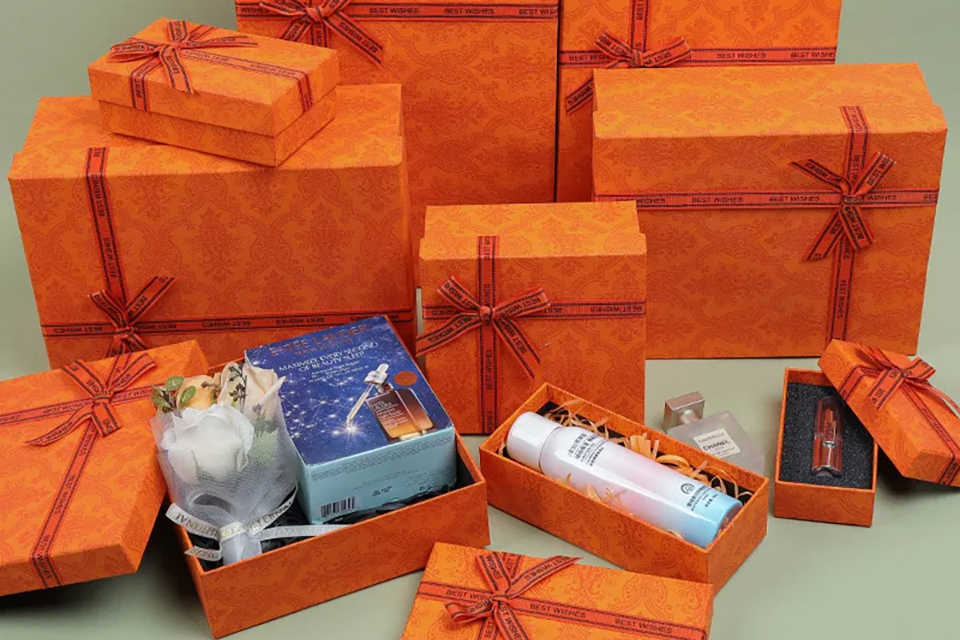
4. Инновации в визуальной коммуникации: минимализм и сюрреализм сталкиваются
Научное визуальное выражение
Серия средств по уходу за кожей HAOJIYIN создана на основе лабораторной посуды. Прозрачная внешняя крышка и внутренний дизайн флакона повышают узнаваемость эффективности "антифотоповреждения", а коэффициент конверсии увеличивается на 33%. Обычная этикетка продолжает черно-белый минимализм, а иерархическое расположение шрифтовой информации повышает эффективность распознавания ключевых ингредиентов в 2 раза.
Цветовой эмоциональный маркетинг
Градиент Гудала "Застенчивый румянец" бумажная коробка вызывает ассоциации с кожей благодаря значению цвета Pantone 18-1663TPX, а показатель удержания клиентов с чувствительной кожей превысил средний по отрасли на 27%. Упаковка MAC Pride Month Rainbow Particle Light Effect получила 2,3 миллиона обращений в социальных сетях, а лимитированная премия достигла 189%.
5. Расширение масштабов взаимодействия: от "распаковки" до цифровой экологии
Мультисенсорный дизайн
В шоколадную палитру теней для век Tarte добавлена пищевая отдушка, и аромат сохраняется в течение 72 часов после открытия коробки. Стратегия нейромаркетинга, стимулирующая выделение дофамина, увеличивает повторную покупку на 52%. В весеннюю серию 2025 года от Etude House в наружную коробку вложены сенсорные чернила, меняющие температуру, и скрытый рисунок можно обнаружить, прикоснувшись к нему кончиками пальцев.
Виртуальная интеграция AR
Серия L'Oreal Revitalift активирует интерфейс виртуальной пробной версии макияжа путем сканирования упаковки, точность пробного цвета составляет 92%, а рост продаж - 68%. Металлическая хромированная палетка теней для век Prada сочетается с цифровыми коллекциями NFT, и за три месяца численность сообщества коллекционеров превысила 100 000 человек.
Резюме
Косметическая упаковка переживает смену парадигмы: от "пассивного контейнера" к "активному коммуникатору". Согласно данным iF Design Award, 73% работ-победителей в 2025 году имеют функции отслеживания углеродного следа, а 61% интегрируют модули интеллектуального взаимодействия. Будущие тенденции будут сосредоточены на трех основных направлениях: ① Прорыв в стоимости материалов на биооснове; ② Система персонализированной персонализации, управляемая искусственным интеллектом; ③ Межкатегориальная функциональная интеграция (например, растительная упаковка, которая разлагается для выращивания зеленых растений). Когда упаковка становится физическим выражением ценностей бренда, измерение ее стоимости выходит за рамки физической стоимости и становится метаязыком принятия потребительских решений.



